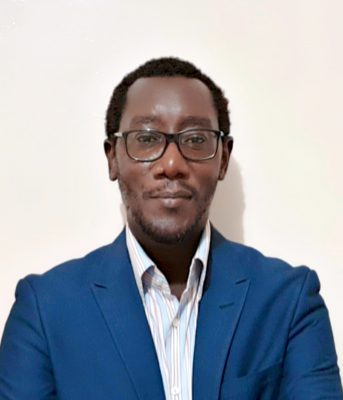IBACS Seed Grants provide funding for collaborative research projects across the brain and cognitive sciences. Seed Grants also support applications for equipment, research workshops, events, and other activities compatible with the mission of the Institute.
2021-2022 Recipients
Learn about the PIs and projects that received IBACS Seed Grants this year.
Michael O'Neill, Molecular and Cell Biology
Title of Project: Transgenerational Epigenetic Effects on Neurodevelopment and Behavior
In collaboration with Dr. Holly Fitch and the Murine Behavioral Neurogenetics Facility we are investigating the transgenerational epigenetic effects on mouse behavior brought on by mutations in the Xlr family of genes on the X chromosome. Abnormal expression of these genes during spermatogenesis alters epigenetic signatures on DNA in sperm that appear to affect neurodevelopment of offspring. This research is relevant to our understanding the male bias in the prevalence of autism spectrum disorder.
James Dixon, Psychological Sciences
Title of Project: Semantic of Collective Behavior
Humans are very good at perceiving the meaning of a group's behavior (e.g., an interested class, a volatile crowd). In team sports, such as soccer, the meaning of group behavior is clear to experienced observers and changes dynamically with the game. This project investigates how social information is carried in human collective behavior by combining state-of-the-art learning algorithms with physical models that rule the dynamics and kinematics of bodies in the domain of soccer.
Caroline Larson, Psychological Sciences
Title of Project: Language-related brain activity project
The goal of this project is to better understand brain activity during language processing in individuals with language impairment. We will examine brain activity via functional magnetic resonance imaging (fMRI) in young adults with language impairment who have versus do not have co-occurring Autism Spectrum Disorder. This work will identify patterns of language-related brain activity associated with language impairment that may be present regardless of co-occurring conditions.
Whit Tabor, Psychological Sciences
Title of Project: Transformative Compromise: How Social Groups Transcend Limiting Frames
When a community finds itself in conflict about an important choice, compromise may be needed. Despite its necessity, compromise has a bad name---people generally prefer not to compromise if they can avoid it. Nevertheless, sometimes the right amount of compromise can lead to transformation---the group may reach a new dynamic that is universally preferred. We are exploring the conditions under which this does and does not happen via coordination-game experiments and computational modeling.
Haim Bar, Statistics
Title of Project: Modeling and visualizing the formation of brain cavities covering from stem cells
We will develop and analyze statistical models for brain cavities (ventricles) covering formation, a process occurring during infancy, in which stem-cells divide and form lining cells. Abnormal ventricle enlargement may be harmful to normal development of the infant’s brain. We will develop software which will show 3D animations of the ventricle’s evolution over time and will be used by neuroscientists and pediatric neurosurgeons to detect abnormal expansion of the forebrain ventricles in a non-invasive manner.
